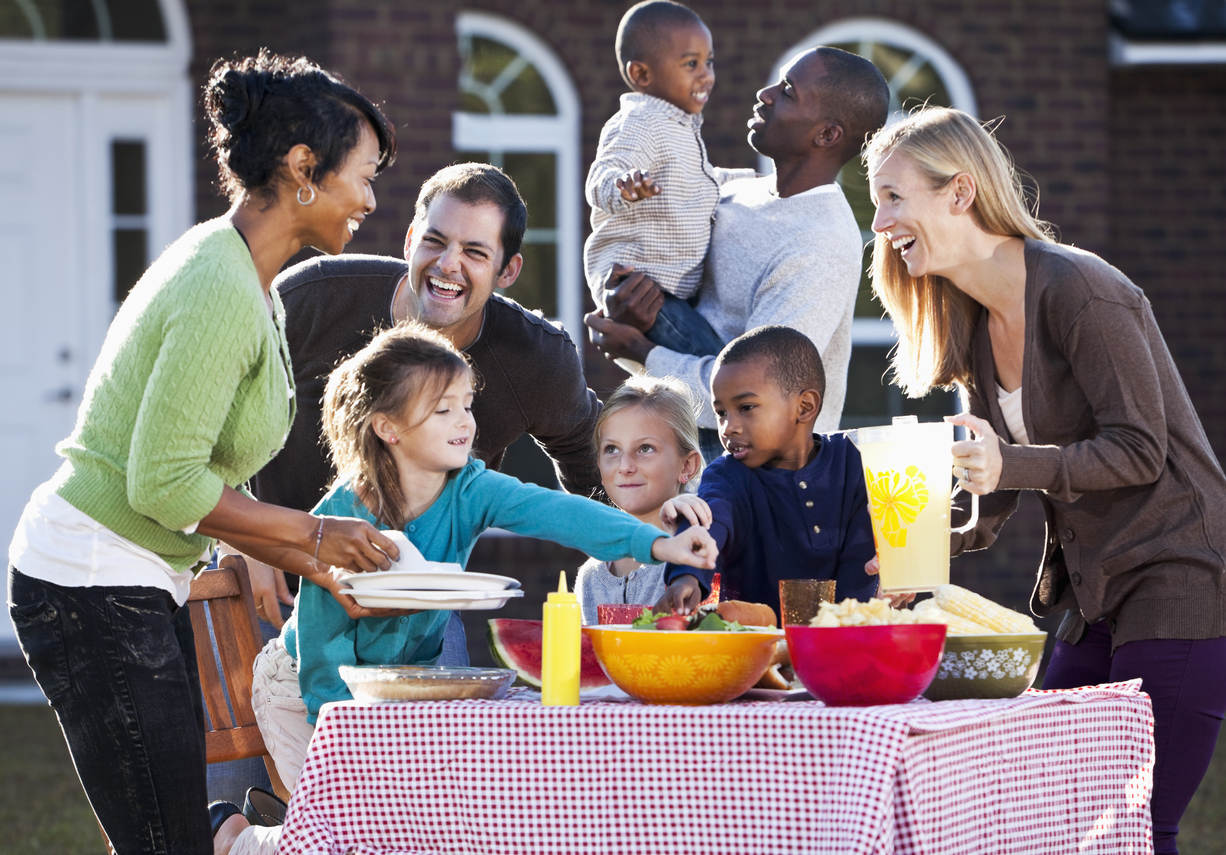“’You must love the Lord your God with all your heart, all your soul, all your mind, and all your strength.’ The second is equally important: ‘Love your neighbor as yourself.’ No other commandment is greater than these.” Mark 12:30-31
When Jesus said, ‘Love your neighbor as yourself’, was he talking about loving our literal neighbors?
Dave Runyon points out that many of us have excuses when it comes to reaching out to the people who live in close proximity to us. He expands on this truth from the parable of the Good Samaritan in Luke 10.
“One of the first excuses that people come to is, they know the Bible, so they start to think about the Good Samaritan text and how Jesus answers the question. He says, oh you want to play this game where you ask me who your neighbor really is? So He tells the story of a Good Samaritan and says, you’re neighboring any time you take care of the person in front of you that’s in need.”
Dave shares his personal struggle to understand how this teaching applied to his life.
“How I read that text for most of my life was: hey, everybody is my neighbor. Then I kind of got to this place where I made another little shift and I just thought, I’m doing a lot of good stuff and kind of just neighboring all the time.”
“If you can make those two little mental shifts, you’ll end up like me where you’ll have a really powerful metaphoric love, for your metaphoric neighbor, and metaphorically you’ll be doing great, but in real life, there will be people who are sleeping like 50 feet away from you and you won’t even know their names.”
We may be neighboring well at work, in our church communities and even oversees, but forget to tend to those who live right around the corner from us. Dave expands on the benefits of literal neighboring,
“Literal neighboring is the antidote to living in the Christian bubble. If you start building relationships on proximity, you’re guaranteed to be hanging out and building relationships with people that think about the world totally differently than you do.”
“Loving your neighbor, getting to know your actual literal neighbor, is the best thing that we can do to fight how polarized everyone is getting. Once you start learning somebody story, it changes you.”
Loving our literal neighbors can present us with opportunities to build relationships and share the love of Christ in our communities.
“If your neighbor is not a Christian and they start to learn your story, you’re going to put a face to Christianity that they’ve never seen before. Maybe you think about things the way that they think you do, but maybe you don’t. Only good can happen as we start getting to know, especially as believers, start becoming salt and light right where they live.”
Dave Runyon helps faith, business, and government leaders unite around common causes in the Denver metro area. He serves as the Executive Director of CityUnite and as a consultant for businesses who have a desire to give back in their communities.
Loving your literal neighbor





















